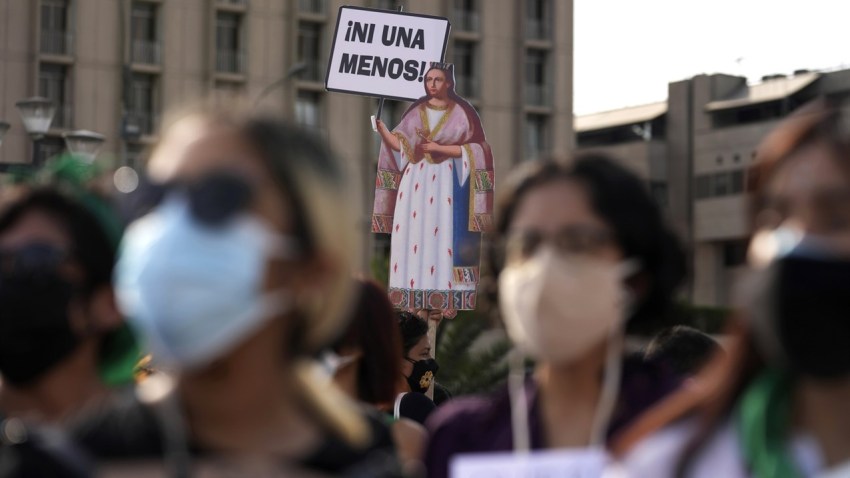The political left is not always a progressive choice in Latin America, as has become starkly evident in Peru, where the rights of women and the LGTBQ community have come under attack by political leaders from both the left and right. President Pedro Castillo, a former teacher and organizer from the rural province of Cajamarca, won election in 2021 against the right-wing candidate, Keiko Fujimori, with a radical-left platform that was pro-poor—but also socially conservative. Like his opponent, Castillo appealed to conservative religious sentiments that are gaining traction throughout the Americas. The policy impact of that religious stance is now evident, as parties on both sides of the political spectrum push a flurry of new proposals that would further entrench gender inequality.
Coming from conservative, Catholic roots, Castillo is anti-abortion and supports a heteronormative definition of the family—one that is centered on marriages between straight, cisgender men and women. Accordingly, he opposes same-sex marriage and has made clear that he does not support a feminist political agenda. During his campaign he emphasized the need to “protect the family and the school,” and discarded any support for marriage equality, abortion, and sex and gender education in the national curriculum.
Peru’s political situation has been volatile for several years, marred by economic turmoil and political maneuvering that have seen the country cycle through five presidents in just four years. Since entering office, Castillo, who won with a margin of less than 0.5 percent of the vote, has overseen further instability, due to successive scandals in his inexperienced administration as well as to friction with Congress, which is currently dominated by Fujimori’s party, Popular Force, and has blocked Castillo from moving forward with his ambitious reform plans.

